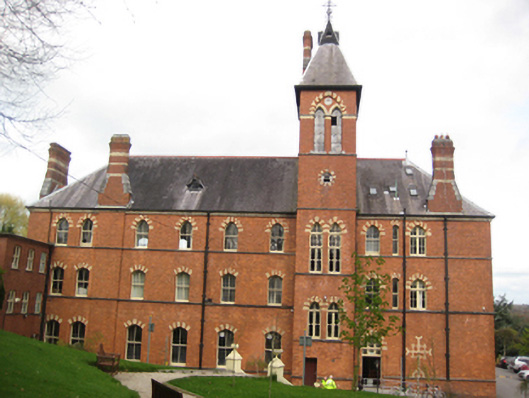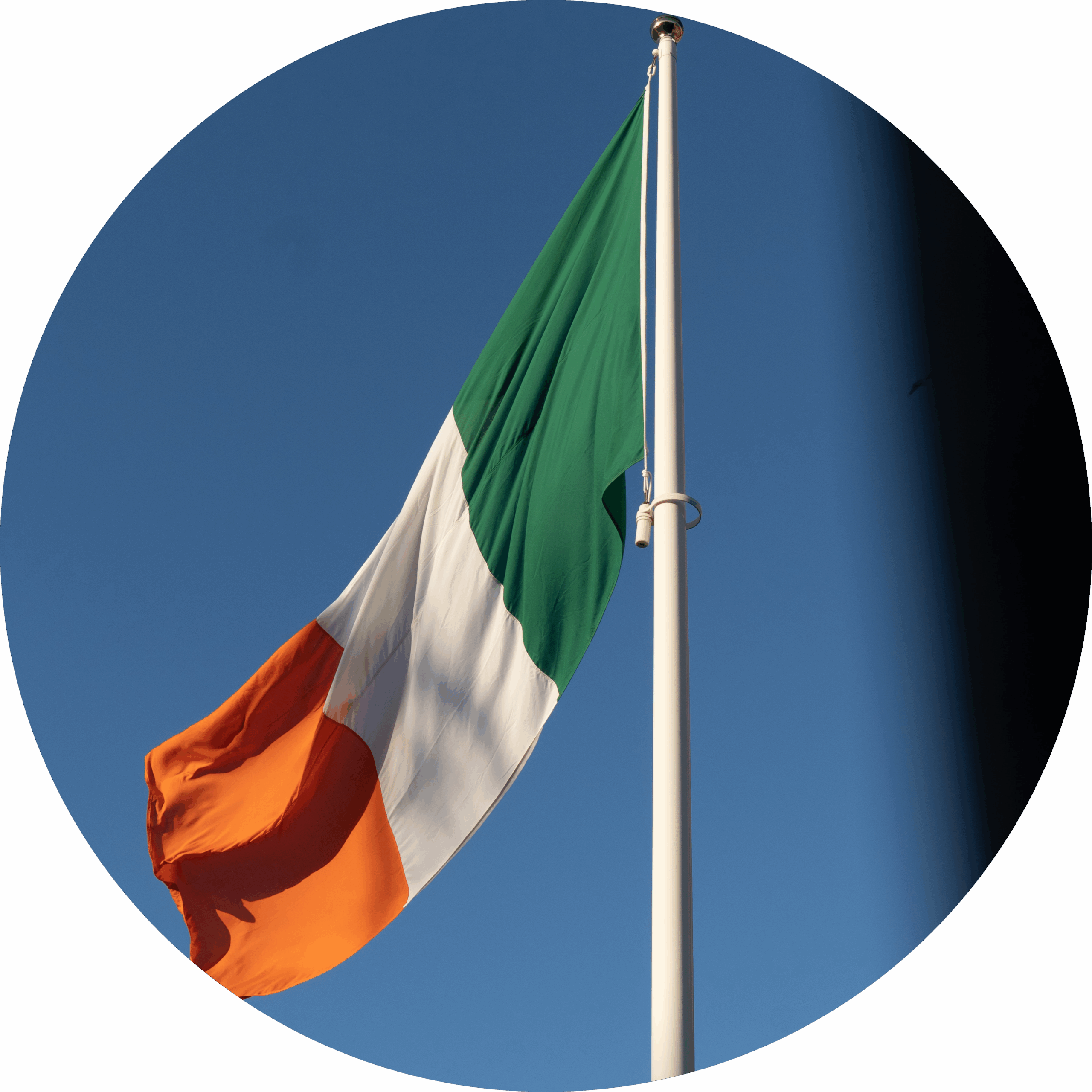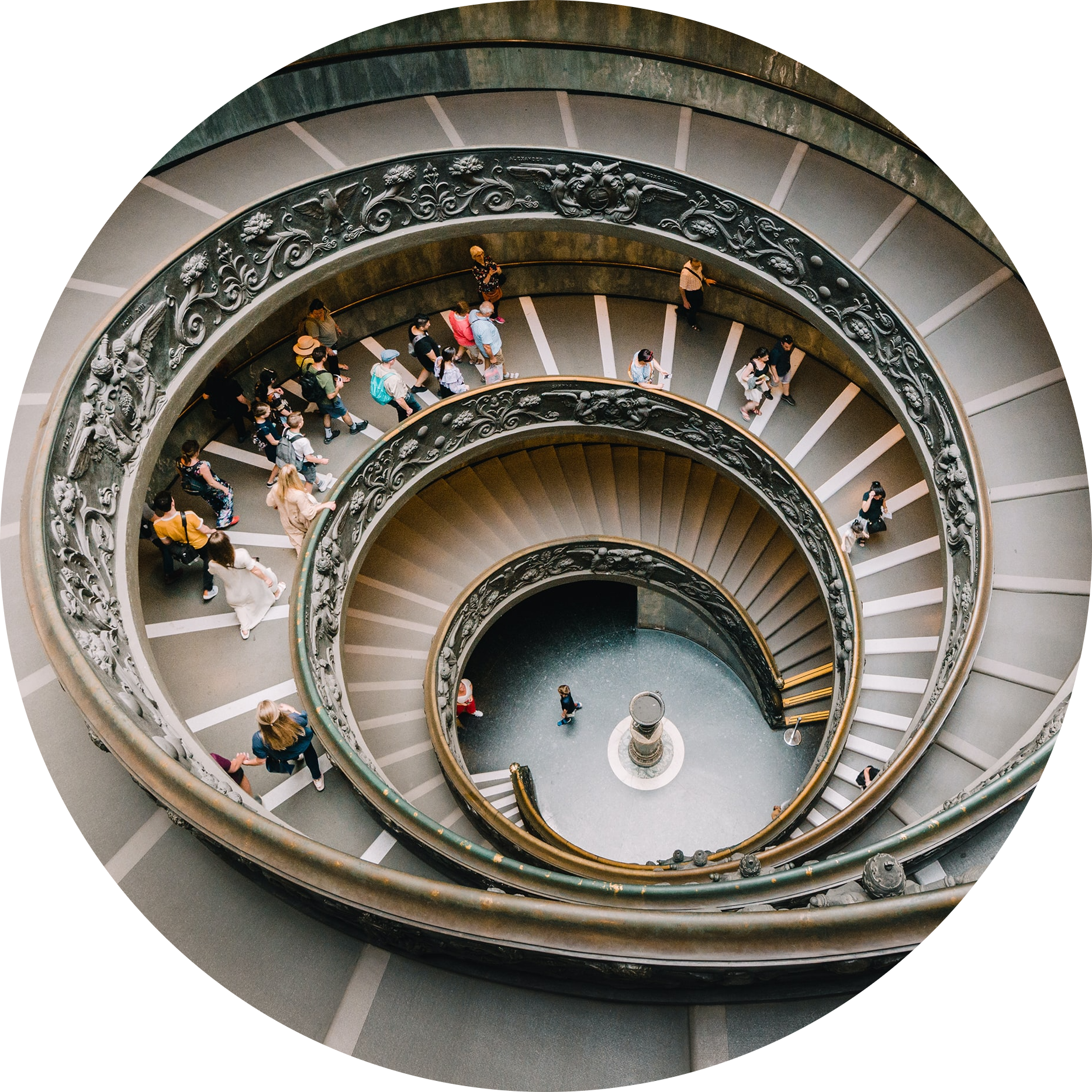Liberal and classical education emphasises the joy of learning for the sake of understanding what is True, what is Beautiful and what is Good. It is an education which is formation for life, rather than simply training for work. The curriculum at Mater Dei Education benchmarks to international standardised examinations (IGCSE, DELF and TEG exams). However, this is never at the expense of time for learning, reading, praying and thinking, which are uniquely available to the student at this pivotal moment in his or her life. The four-year classical junior cycle paves the way to the two-year senior programme, culminating in the Irish Leaving Certificate examination. A ‘liberal’ education is the defining formation in educators and great minds who have shaped western education in the preceding centuries. Among these is Saint John Henry Newman, who noted that “certainly, a liberal education does manifest itself in a courtesy, propriety, and polish of word and action, which is beautiful in itself, and acceptable to others; but it does much more. It brings the mind into form,—for the mind is like the body.” The twin pillars of philosophy and theology frame the other subjects and provide the context for a holistic education where the work of God the Creator pervades every aspect of human life; language, science, culture and the arts. The study of language is therefore a natural form of expression in the liberal education, a means for the student to examine their own thinking process and slowly articulate those thoughts in meaningful written and spoken word. The capacity to do this in our native language as well as in the great languages of Europe is developed. The mathematical and scientific worlds are natural extensions of this liberal approach to learning, where the student observes and understands the order and beauty of creation in the context of God’s infinite goodness and love for humanity. History provides the backdrop to understand the society and culture in which we find ourselves while the Fine Arts represent the high-points of human thanksgiving and expression to God the Creator. All is a continuum and each subject matter speaks easily with the other within this holistic understanding of why we learn. Let us pray that this curriculum may inspire our young men and women to follow the wise words of Saint Paul; “Let your minds be filled with everything that is True, everything that is honourable, everything that is upright and pure, everything that we love and admire, with whatever is good and praiseworthy” Ph. 4:8.

Timeline
The First Year is opening in September 2024
The Second Year is opening in September 2025
The Third Year is opening in September 2026
The Fourth Year is opening in September 2027
The Fifth Year is opening in September 2028
The Sixth Year is opening in September 2029
Curriculum Overview
First, Second, Third and Fourth Years follow same classical Trivium of learning as students at Mater Dei Academy. At the end of the Fourth Year, the students sit the IGCSE exams in Sciences, English, Maths, and Latin, the DELF exam in French and the TEG exam in Irish.
Fifth and Sixth Years are dedicated to the preparation of the Leaving Certificate.

Irish Curriculum
Through the study of the Irish language, Irish history and Irish literature, the students learn about their culture, language and heritage.
Intertwined Subjects
The teaching of history, literature and art are carefully intertwined. For example, our First Year programme has a Greco-Roman theme where the students read The Children’s Homer and Julius Caesar in English Literature, learn about ancient Greece and Rome in History, while investigating Greek architecture and Roman mosaic in Art. By interweaving History, Literature and Art, the student is able to make logical connections between themes and ideas from History.
The teaching of English grammar, Latin and Irish grammar are similarly linked. As an example, sentence diagramming is an essential part of our English curriculum but directly helps students master Irish and Latin.
The teaching and understanding of Logic informs the understanding of the student in mathematics and grammar.

Learn to Think
Students will study Logic in Second and Third Years, before studying Philosophy in Fourth Year. Through Logic, the student develops the skills of critical thinking to make sound judgements and arrive at the Truth in all areas of life. The study of Philosophy integrates both faith and reason and leads the students to the basic proofs for God’s existence. It also helps the students understand the role of Greek Philosophy in the development of Christian thought.
Socratic Seminar
The Mater Dei Education Socratic Seminar series “Time to Think” provides thought-provoking themes, stories and biographies that support learning across the Junior Cycle. At the Academy, learning is fostered through regular Socratic Seminars. While this may not be feasible for the homeschooled student, nonetheless the themes can enrich the learning experience through deepening knowledge in important subjects

Learn Irish History Chronologically
Mater Dei Education teaches children History chronologically from earliest times to modern Ireland. The History programme at the junior cycle is dominated by Irish history and represents a significant advantage for the student taking Irish at Leaving Certificate. We believe that it is by knowing our past, imprinted as it is with the Faith and fortitude of our forefathers, students will be better equipped to face the future.
Spiral Method
Mater Dei Education uses a spiral method in English and Irish grammar as well as in mathematics. Key threshold concepts are constantly revised and reinforced by returning (spiraling) to them in a methodical way.

